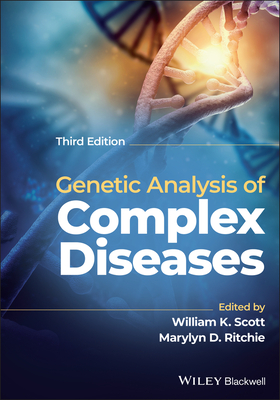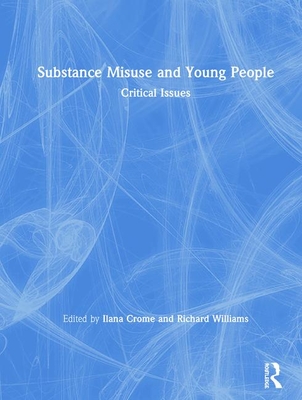The book illuminates the complex problems in genetic studies of substance use and addiction. It provides a comprehensive overview that fills the gap in the literature and points out future directions.
The book includes three sections that apply to any complex traits and disorders, particularly psychological and psychiatric. The first section covers the traits and phenotypes that are the target of genetic research in substance use and addiction. Following this, the second section analyzes the methods and results of biometric genetic studies in this area. The third section reviews research in gene mapping and epigenetics.
Genetics of Substance Use is a first-of-its-kind monograph that presents contemporary solutions and methods for a wide range of researchers and practitioners across disciplines.
Michael M. Vanyukov
University of Pittsburgh
06353 Salk Hall
Pittsburgh, PA 15261
email: mmv@pitt.edu
Michael M. Vanyukov, Ph.D., is Professor of Pharmaceutical Sciences, Psychiatry, and Human Genetics at the University of Pittsburgh. He was trained as a geneticist at the M. V. Lomonosov Moscow State University, Moscow, USSR, and received his Ph.D. in genetics from the USSR Academy of Medical Sciences Institute of Medical Genetics. After his immigration in the USA, he was a postdoctoral fellow in psychiatry at Western Psychiatric Institute and Clinic, Pittsburgh, PA. He has contributed to the NIH-funded longitudinal study of addiction etiology, Center for Education and Drug Abuse Research (CEDAR), a NIDA Center of Excellence at the University of Pittsburgh, leading its research program as its scientific director and director of its neurogenetics research project for over 15 years. As investigator, mentor, and consultant, he has laid the groundwork for genetic research extensively examining major neurobiological systems, combining hypothesis-driven approach, a wide scope of genetic coverage, and biological and psychological mechanisms and mediators of addiction liability. Genotype-environment interaction in the development of liability phenotype is one of the aspects of this research. He has also pioneered phenotypic measurement methodology for complex psychological and psychiatric traits, maximizing its informativeness. This work has recently been focused on the reversal of the common biomedical research perspective, from disease risk to potentially more practicable resistance to disorder, its measurement, and search for resistance factors.











